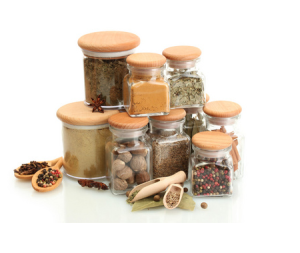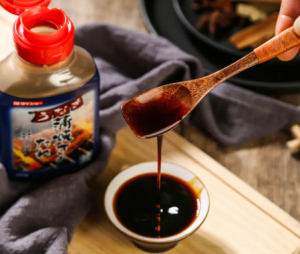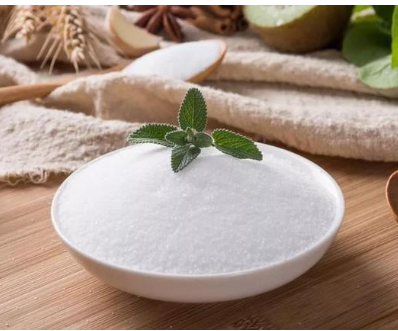monosodium glutamate (MSG), also called monosodium L-glutamate or sodium glutamate, white crystalline substance, a sodium salt of the amino acid glutamic acid, that is used to intensify the natural flavour of certain foods. Monosodium glutamate (MSG) is an important ingredient in the cuisines of China and Japan and is used commercially in broths, soups, canned and frozen vegetables, flavouring and spice blends, gravies, meats, poultry, and sauces and in other combinations. It is also used to enhance the taste of tobacco and has been used medically to treat hepatic coma. The substance is naturally present at high levels in tomatoes and Parmesan cheese.


MSG was first identified as a flavour enhancer in 1908 by Japanese chemist Ikeda Kikunae, who found that soup stocks made from seaweed contained high levels of the substance. MSG elicits a unique taste, known as umami, that is different from the other basic tastes (bitter, salty, sour, sweet) and thus enhances the complex flavours of meat, poultry, seafood, and vegetables. Ikeda’s discovery led to the commercial production of MSG from seaweed. It is now produced using a bacterial fermentation process with starch or molasses as carbon sources and ammonium salts as nitrogen sources.






